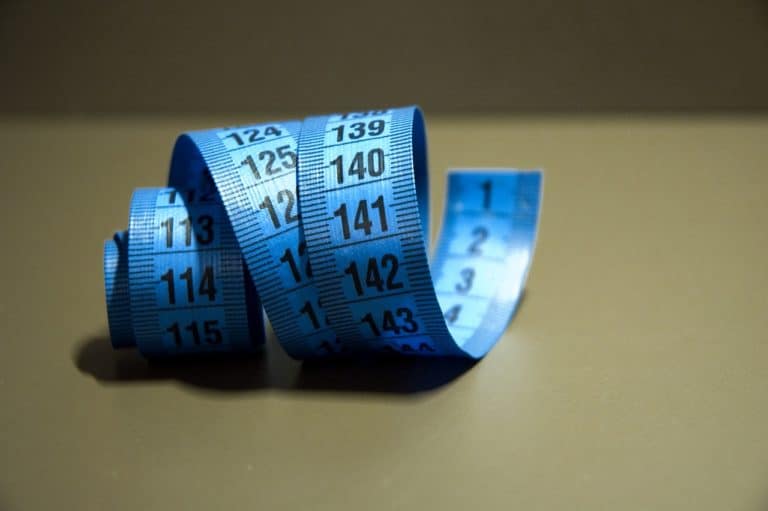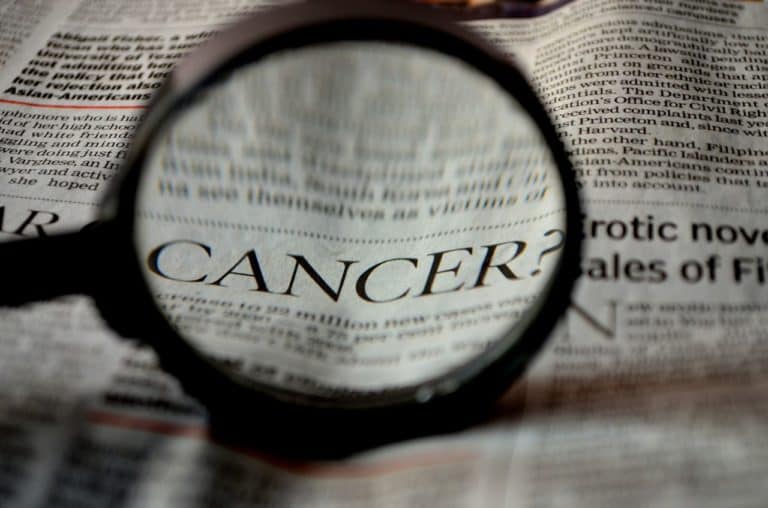According to a new study published in Drug and Therapeutics Bulletin (DBT), taking synthetic testosterone for male menopause symptoms is questionable.
In fact, the report casts doubt on whether male menopause, or late-onset hypogonadism (when the testes produce little or no hormone), really exists. Generally, testosterone levels decline by only 1 to 2 percent per year in men beginning at around age 40, and production of the hormone does not cease.
Low testosterone levels are not a given in older men: approximately 80 percent of 60-year-old men and 50 percent of those in their 80s still have testosterone levels within the normal range for younger men, according to the report.
The DTB also points out that older men who have low testosterone levels do not necessarily experience symptoms, and that many men who have normal testosterone levels can experience symptoms sometimes attributed to low hormone levels. Therefore, evidence that an age-related reduction in testosterone levels causes specific symptoms often associated with aging and/or male menopause (andropause) is weak.
According to the DTB, testosterone therapy has unwanted side effects, including a rise in prostate specific antigen (PSA), development of breasts (gynecomastia), risk of prostate cancer (this is something debated by many experts however), urinary tract blockage, increased aggression, mood swings, oily skin or acne, and aggravation of epilepsy, sleep apnea, and ischemic heart disease.
Overall, the authors of this study maintain that there are very limited opportunities for doctors to prescribe testosterone treatment for men who have low levels of the hormone related to age. Since they say it is not clear male menopause even exists, they insist “there is no place for testosterone therapy in older men without symptoms, or without clearly low testosterone concentrations on more than one occasion.”
Reference
No authors listed. Testosterone for “late-onset hypogonadism” in men? Drug Therapy Bulletin 2010 Jun; 48(6): 69-72







